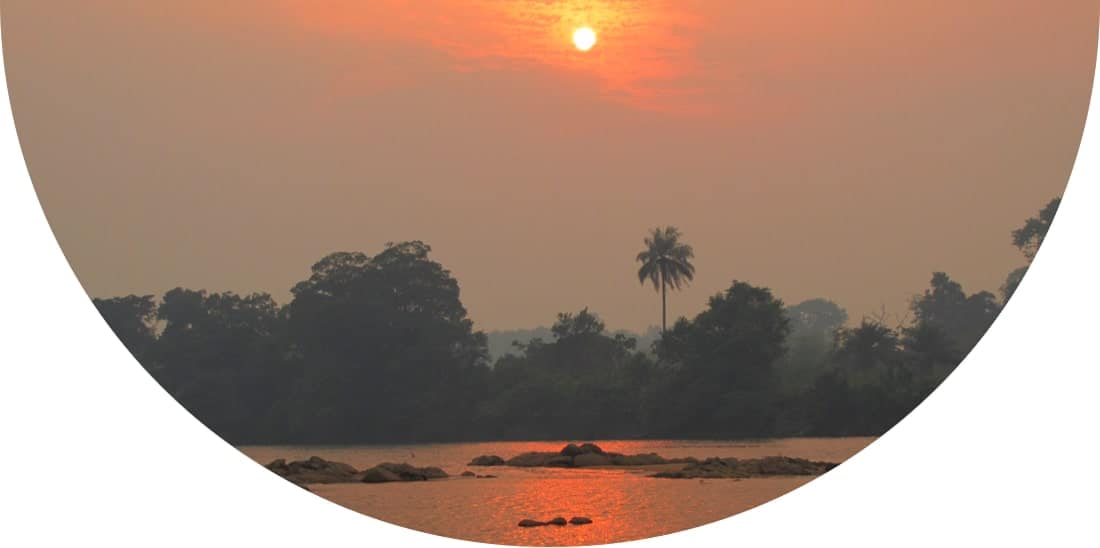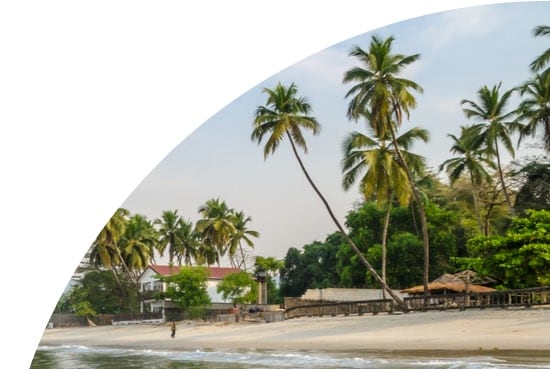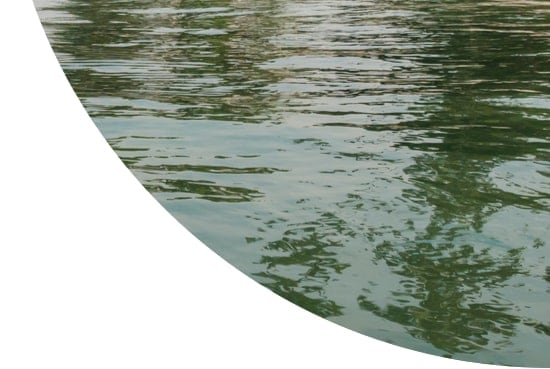Rift Valley fever (RVF) is an acute, fever-causing viral disease that usually affects domesticated animals (such as cattle and sheep), but can also infect and cause illness in humans. The majority of human infections are caused by direct or indirect contact with the blood or organs of infected animals.


Travel Vaccinations for Sierra Leone
Recommended Vaccines for Sierra Leone
The level of protection needed depends on your medical history and travel itinerary. Book now to get a personalised recommendation from our specialist travel nurses. The consultation costs £20 plus any vaccines you decide to take.
Vaccines Advised To Some Sierra Leone Visitors
Flexible appointments with no upfront payment
Book Now
Destination Information for Sierra Leone
The largely unexplored country of Sierra Leone, on the West coast of Africa, is being hailed as an up-and-coming destination for adventurous tourists. With incredible white sandy beaches, which are some of the best in Africa, stunning scenery and welcoming, friendly local people, it’s not hard to see why.
The civil war which plagued the country from 1991 and 2002, as well as the recent Ebola outbreak, has lead to difficult times for Sierra Leone, however it is slowly addressing the issues of the past and travellers are gradually venturing back, to discover this unique country.
Freetown is Sierra Leone’s capital city, situated on the West coast, and offering a huge number of idyllic beaches which always remain quiet. This attractive city is filled with hidden gems, including a chimpanzee sanctuary, colourful colonial houses on stilts and the Sierra Leone Museum.
Banana Island is one of the main tourist spots, offering a beautiful tropical island with unspoilt views, beautiful beaches, and excellent walking and scuba diving opportunities. The country as a whole is blessed with an abundance of wildlife, including forest elephants and chimpanzees, as well as hundreds of species of birds and exotic insects.
If you’re taking a trip, it’s advisable to avoid the wet season from June to November, and opt instead to visit during the summer months of November to June.
Infections and Outbreaks frequently change from country to country and by attending our clinics you will be given the most up to date clinical and safety advice from our team of specialists. Our advice to you often includes aspects such as:
- Food and water hygiene
- Insect and animal bite avoidances
- Personal safety
- Sexually transmitted infections
- Sun protection
- Altitude sickness
Malaria and regions within country:
There is a high risk of P.Falciparum malaria throughout Sierra Leone, anti-malarial medication is advised.



